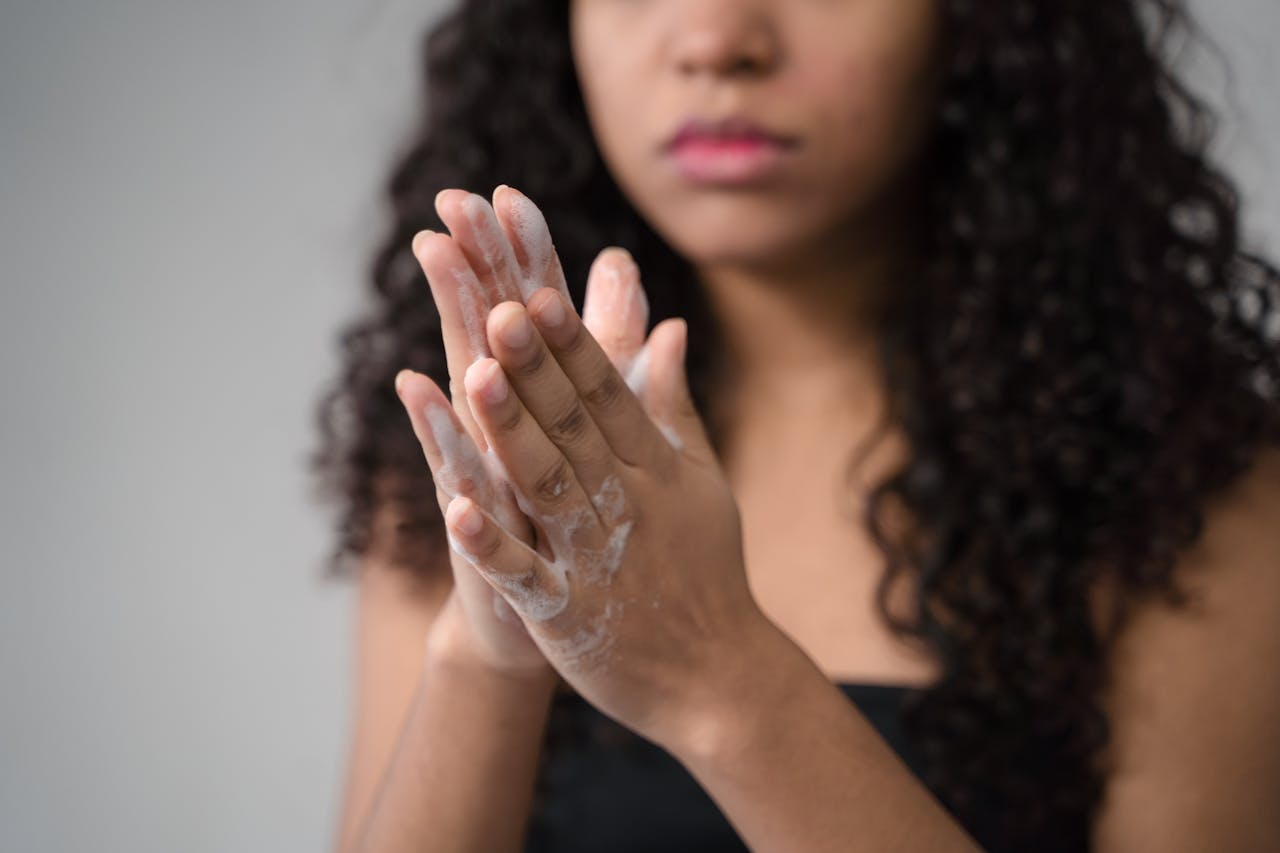In today’s world, hand hygiene has never been more critical. Proper handwashing is a simple yet effective way to prevent the spread of germs and protect yourself and those around you. In this article, we’ll explore the importance of hand hygiene, how to wash your hands effectively, and tips for making it a part of your daily routine.
Why Hand Hygiene Matters
Hand hygiene is essential for several reasons:
- Prevention of Illness: Germs are easily transmitted from surfaces to our hands and then to our mouths, noses, or eyes. Regular handwashing can significantly reduce the risk of illnesses, including the common cold, flu, and gastrointestinal infections.
- Protecting Vulnerable Populations: Children, the elderly, and individuals with compromised immune systems are more susceptible to infections. Practicing good hand hygiene helps protect these vulnerable groups.
- Reducing Healthcare Costs: Preventing infections through proper hand hygiene can lower healthcare costs associated with treating illnesses caused by germs.
How to Wash Your Hands Effectively
To ensure your hands are clean, follow these steps:
- Wet Your Hands: Use clean, running water (warm or cold) to wet your hands.
- Apply Soap: Lather your hands with soap, covering all surfaces, including the backs of your hands, between your fingers, and under your nails.
- Scrub for 20 Seconds: Rub your hands together for at least 20 seconds. You can sing the “Happy Birthday” song twice to keep track of the time.
- Rinse Thoroughly: Rinse your hands under clean, running water to remove soap and germs.
- Dry Your Hands: Use a clean towel or air dry your hands. If possible, use a towel to turn off the faucet.
Making Hand Hygiene a Habit
Incorporating hand hygiene into your daily routine can be easy:
- Set Reminders: Use sticky notes or phone alarms to remind yourself to wash your hands, especially before meals and after using the restroom.
- Educate Others: Share the importance of hand hygiene with family and friends to encourage good practices within your community.
- Use Hand Sanitizer: When soap and water are not available, use an alcohol-based hand sanitizer containing at least 60% alcohol.
Hand hygiene is a simple yet powerful way to protect yourself and others from illness. By washing your hands regularly and effectively, you can help prevent the spread of germs and create a healthier environment for everyone.
By Nueradd | Health | Ceylo Watch

